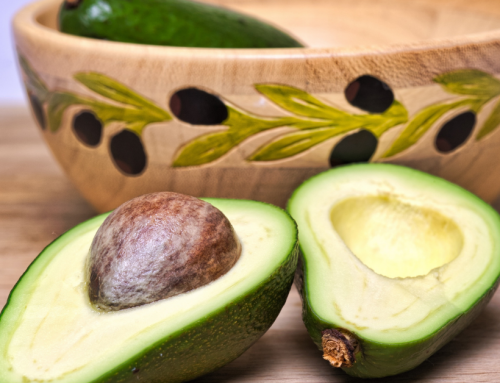There are many episodic ailments and health issues that individuals experience. Every time I hear about a friend, family member, or acquaintance experiencing something that bothers them frequently, I wonder how much of their sudden onset sickness has to do with their diet.
If you know a friend or family member that suffers from something like migraines that causes them to lose days of their life and affects their overall health and well-being, look at what they eat.
The Never-Ending Weight Loss Endeavor
The overall goal to lose weight is constant, fad diets, Instagram influencers, everyone telling you “the secret,” it seems to be everywhere.
If you are a person who goes to the gym consistently, you have most likely spoken to trainers, group fitness instructors, and the likes who also have “the secret” to staying fit for life. Some will preach exercise; others will preach moderation; some will recommend meditation or church. There is no specific way to reach a weight loss goal.
Here is the secret:
It’s in the foods you eat, the amount of sleep you get, the affirmations you tell yourself, and the gratitude you seek in your life and your relationships.
Migraines Are A Window To Examining Your Diet
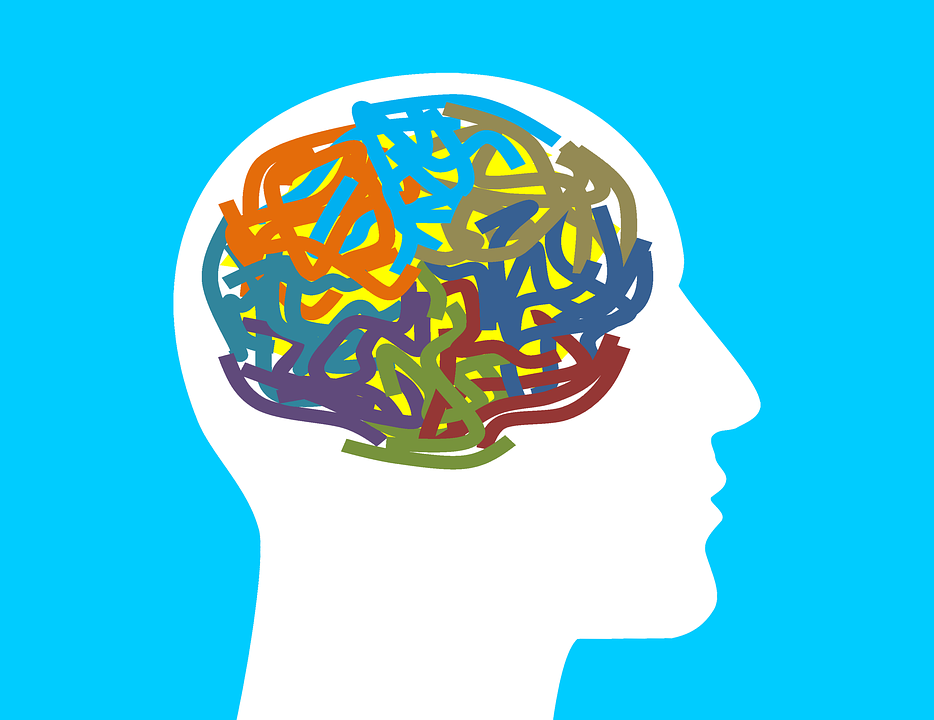
A horrible day lost to migraine headaches and pain should be plenty motivational to take a look at what you eat, how much sleep you get, and what types of supplements you take.
Research on migraines has been conducted. Some research is specific to dietary changes that align with keto. Overall, many human ailments are due to excessive amounts of processed sugar in their diets. Coupled with extraordinary stress and improper rest and recovery.
Migraine is a disabling primary headache disorder often associated with triggers. Diet-related triggers are a common cause of migraine. Specific diets decrease the frequency of migraine attacks if dietary patterns are adjusted.
Dietary patterns are a tricky thing to change. Writing down everything you have eaten in a day may be a great starting point for determining a starting point for change. If you suffer from migraines, it’s time to take a deeper look into changing your diet and probably some other aspects in your life that will align better with a healthier outcome.
Some Migraine Science Concerning Ketogenic Diet
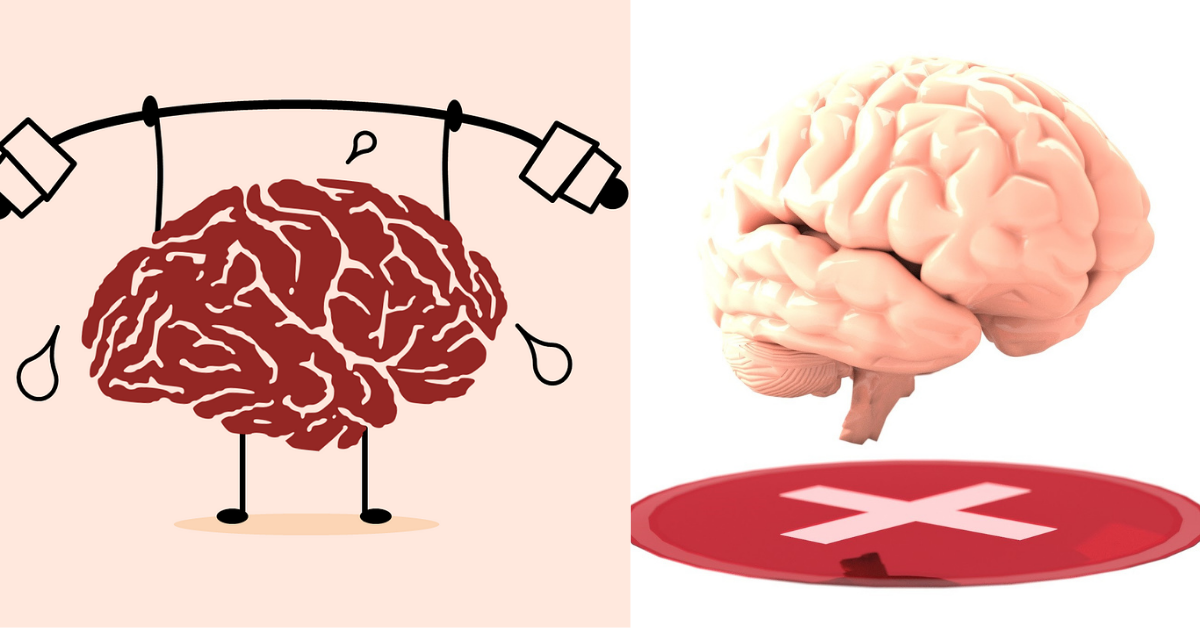
Relatable studies that have been conducted around migraine patients have determined that alcohol and caffeine were strongly impacting the frequency of migraines. There is a need for high-quality research to confirm diet’s effect on people with migraine has.
The fantastic facts that DO EXIST about ketogenic diet and migraine provide more insight into lifestyle and habits.
What has been proven are the following:
- Evidence suggests migraines respond to a cerebral energy deficiency or oxidative stress levels that exceed antioxidant capacity.
- The keto diet (a diet mimicking fasting that leads to elevated ketone bodies) has been used as a therapeutic intervention targeting cerebral metabolism, showing great promise in preventing migraines.
- Ketone bodies are an alternative fuel source for the brain; they circumvent some abnormalities in glucose metabolism and transport found in migraines.
- Ketone bodies have been proven to be more than metabolites.
- Ketone bodies are signaling molecules that can positively influence other pathways believed to be part of migraine pathophysiology.
- Highly impacted by ketone bodies are mitochondrial functioning, oxidative stress, cerebral excitability, inflammation, and the gut microbiome.
Further research is needed to establish whether the absence/restriction of dietary carbohydrates, the presence of ketone bodies, or both are of primary importance for the migraine protective effects of the ketogenic diet.
So, Does Keto Reduce Migraines?

The consensus with the keto diet and many others is eliminating processed sugar. Or severe limitation of it. The takeaway is that sugar is not suitable for you; it spikes insulin and affects the cell’s functions to function correctly.
Hormones deeply impact our bodies and brains. As well as diet, activity level, and mental health. Trying something like a ketogenic diet can be uncharted territory, but it will deliver favorable migraine frequency results.
Can I Stop Taking My Rx Migraine Pills If I Go, Keto?

The cause of migraines has been studied; there are several migraine treatments available on the market today. Botox, prescription drugs, and other FDA-approved pills and drugs are available. But taking a tablet all the time for this can become overwhelming and create a chemical dependency. Many medications have adverse side effects that are usually undesirable and could have a negative long-term impact on your health.
Novel biological therapies blocking CGRP transmission are effective and better tolerated by the body. Still, they are expensive and may not influence brain dysfunctions upstream in the pathophysiology cascade of migraine. There is evidence around ketone bodies’ ability to assist in the metabolic facet of migraine pathophysiology.
Pubmed.com has a study on the Metabolic Treatments of Migraine that provides insight into the science and hormones behind migraine prevention and treatment:
After a brief description of the metabolic abnormalities found in migraine patients, we will review and discuss published data on metabolic treatments of migraine. There is evidence that riboflavin and co-enzyme Q10 are adequate for preventing migraine and quasi devoid of adverse effects. Response rates are close to topiramate, propranolol, and CGRP/CGRPrec mAbs. The evidence is weaker for thioctic acid. Dietary and pharmacological strategies inducing ketosis are novel promising approaches for which preliminary trials with favorable outcomes have been published.
Expert opinion: Metabolic treatments of migraine constitute an effective, well-tolerated, inexpensive, and evidence-supported therapeutic option for migraine prevention. Many patients consider it the first treatment line. That includes children and adolescents.
Migraine And Diet
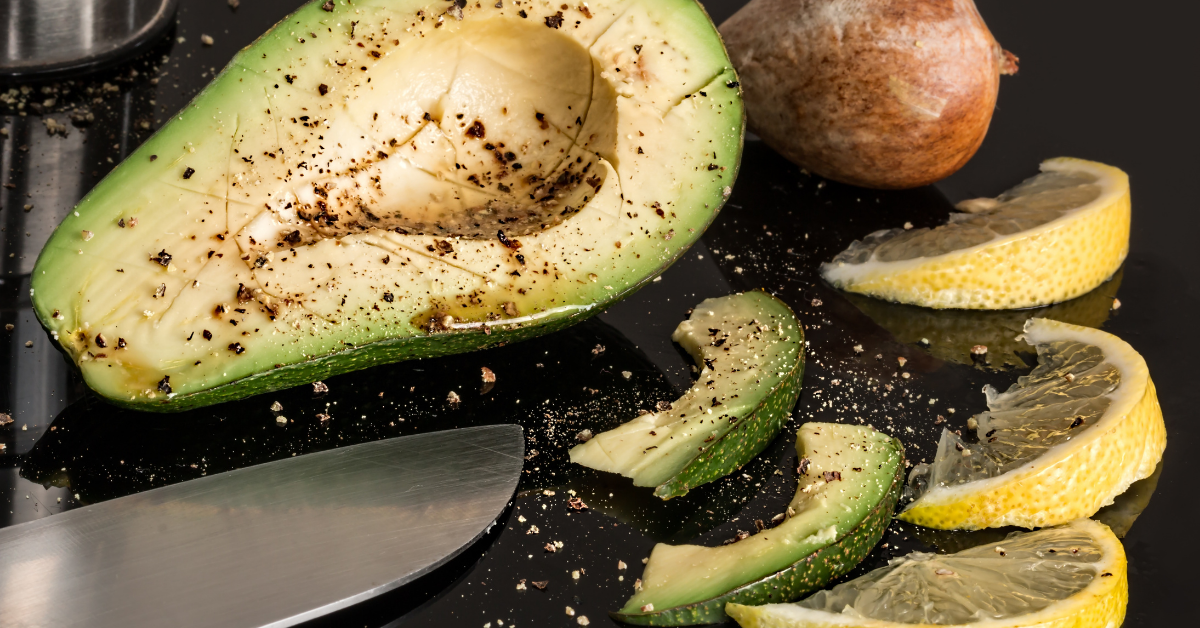
PubMed has also published an article that fully supports dietary changes are necessary for the intervention of migraine patients:
Dietary behaviors and dietary elements influence clinical manifestations of migraine. Several dietary triggers for migraine have been identified, leading to the definition of strategies such as elimination diets, ketogenic diets, and comprehensive diets, mainly to help prevent migraine.
Although inconsistency is present in the literature and no consensus exists, the available data are promising in supporting beneficial dietary interventions for some migraine patients. Several factors influence the net outcome, including age, sex, genetics, and environmental factors.
Advancement in understanding the underlying mechanisms of migraine pathogenesis and how dietary factors can interfere with those mechanisms has encouraged investigators to consider diet as a disease-modifying agent, which may also interfere with the gut-brain axis or the epigenetics of migraine.
There are many migraine treatment and prevention options available on the market today. One specific non-invasive, minimal side effects treatment that caught my eye is gammacore. This device is the first and only FDA cleared drug-free, non-invasive device to treat and prevent migraine and cluster headaches pain via the vagus nerve.
The vagus nerve is the gut-brain axis where most bodily functions are overseen.
The four major parts of the vagus nerve are:
- Sensory: From the throat, heart, lungs, and abdomen.
- Special sensory: Provides taste sensation behind the tongue.
- Motor: Provides movement functions for the muscles in the neck responsible for swallowing and speech.
- Parasympathetic: Responsible for the digestive tract, respiration, and heart rate functioning.
The link between our gut and brain is undeniable. There is a direct relationship between your gut health and your migraine frequency. Migraine cluster headaches are central to the cranial area of the body. That cranial area that constantly communicates with our brain is directly influenced by our gut microbiome.
There is an undeniable and direct link between the foods we ingest and the chemical reactions in our brain activity. Ketone bodies are the energy vehicles that move from your gut to your brain once you achieve ketosis; these ketone bodies fuel your brain with all the essential nutrients you consume and help nourish your brain. Therefore, no more migraines!
How Keto Can Help Stop Migraines
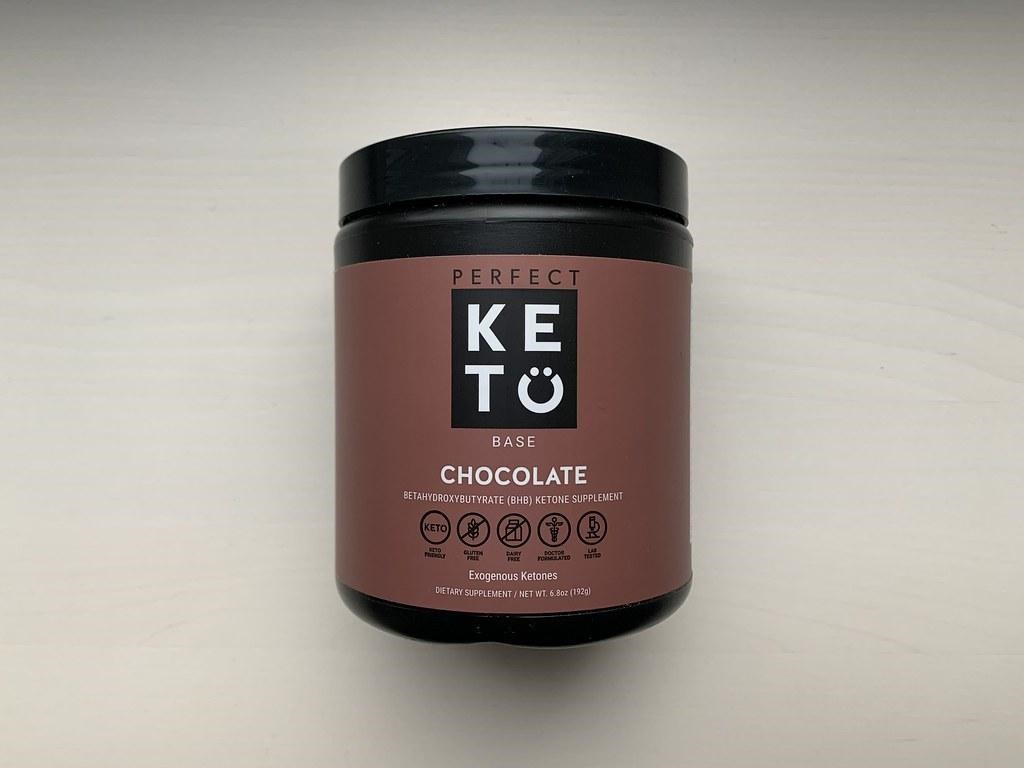
Keto diets are founded on fats, with mediocre protein and minimal carbohydrates. A keto diet can cause some significant shifts in the gut microbiome when implemented correctly.
Science has proven the following; ketogenic diets cause your body to produce ketone bodies which:
- Provide an energy source from colonocytes
- Have anti-inflammatory and antioxidative properties
- Regulate immunity
- Enhance intestinal motility and barrier function
- Stimulate cell growth differentiation
- Help prevent distal UC, Crohn’s disease, and colon cancer.
The body is a network of intricate systems working together to allow the human machine to continue functioning. Each design is dependent on the other, like a team, our body can win super bowls with its incredible power.
When migraines strike, it is most likely because of something deeper going on inside your bodily systems. Try a nutritional keto diet to balance your gut health, stimulate cell growth and repair, reduce inflammation and help rid your body of toxins.
Ketogenic Effects On Appetite and Overall Impact On Migraine Causing Factors
Ketogenic diet exerts orexigenic (stimulation of the appetite) effects like:
- Increasing brain GABA (a chemical made in the brain also found in some foods) that has anti-seizure and anti-anxiety effects.
- Increases the circulating level of adiponectin (a protein hormone produced by fat cells). Its physiological effects include the reduction of inflammation and atherogenesis (the formation of fatty deposits in the arteries) and enhancing the response of cells to insulin.
- Decreases circulating ghrelin ( the hunger hormone).
- Increases levels of cerebral blood flow.
- Keto generally exerts its effect through a decrease in α diversity (the diversity in a single ecosystem/sample) and a decrease in richness (number of different species in a habitat/sample).
- Keto diet influences gut health through metabolites produced by different microbes: an increase/decrease in SCFA (short-chain fatty acids), H2S (hydrogen sulfide), and a reduction in lactate.
The Link Between Keto And Migraines
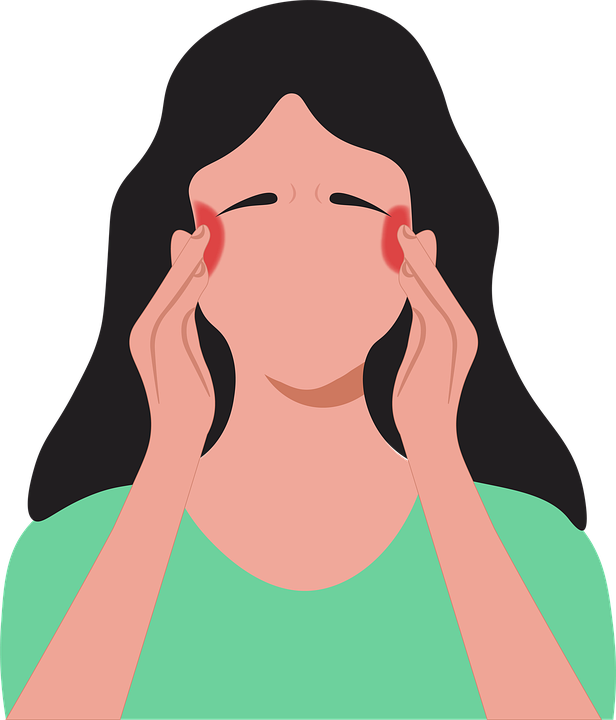
The irrefutable evidence around keto diets’ influence to change our gut microbiome is astonishing. The link from our gut to our brain and its functionality is directly related to migraine frequency.
According to science-based evidence, ketogenic diets provide a plethora of neurological benefits. It includes but is not limited to decreasing migraine frequency. Also, helping epileptics reduce seizures. As well as decreasing other detrimental neurological disorders by increasing GABA receptors and short-chain fatty acids that fuel healthy brain function.
To conclude, the very low carbohydrate ketogenic diet significantly impacts weight loss and neurological diseases. If your body is acting up, it’s essential to understand the complex nature of the gut microbiome and how easy it is to influence your body to change. You want the intricate systems that exist to yield the best results. The goal is to eliminate migraines, and it all starts in the gut.




